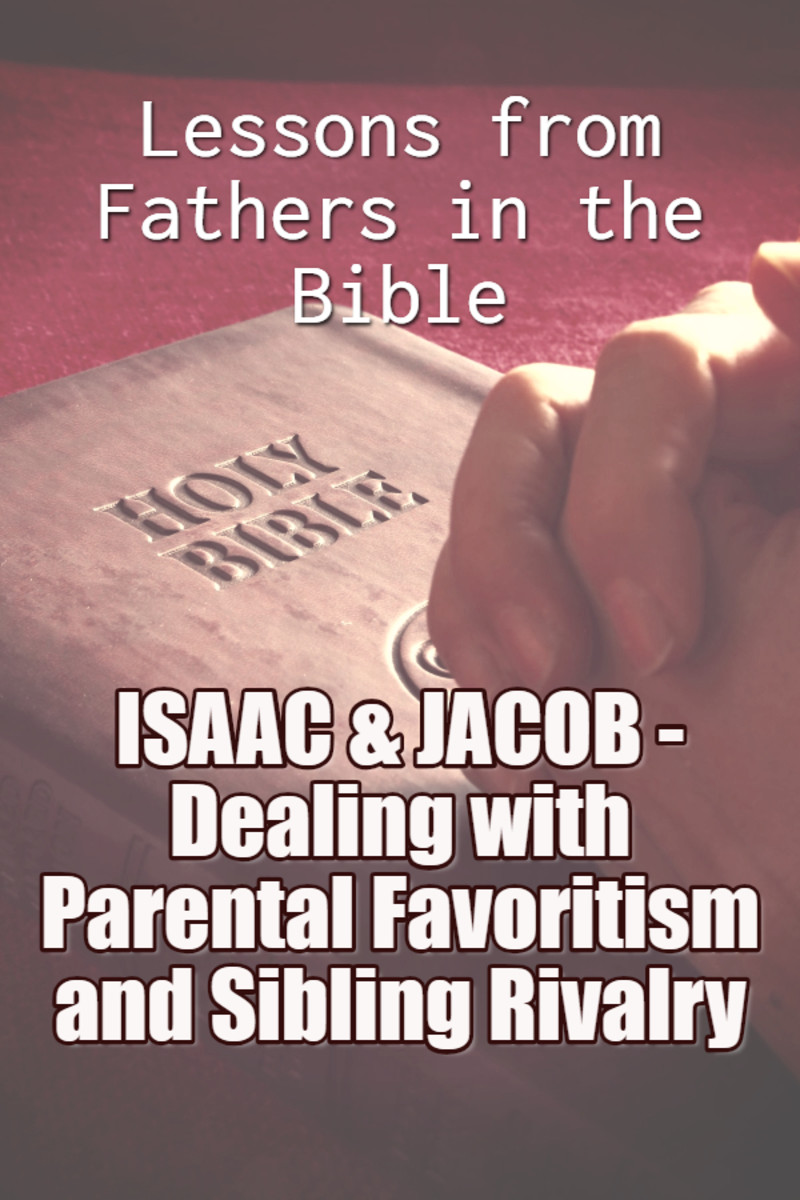Favoritism Among Siblings
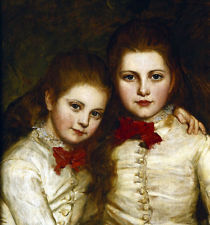
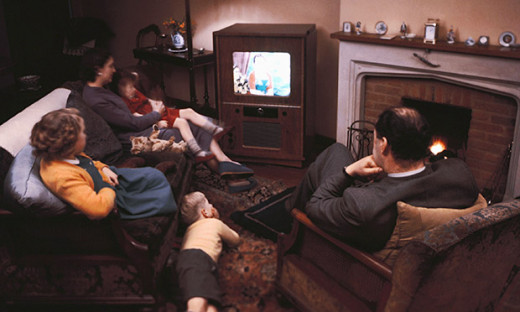


Favoritism, An Unspoken Part of Family Life
Families are supposedly the bastions of love, support, and unity among its members. It is in families where each member knowingly count upon each other, knowing that they have their members' support. Families are where each member is free to be himself/herself. Families are where each member is accepted and loved unconditionally for who he/she is. Families are also where there ought to be equal and impartial treatment among its members.
Yes, this is the ideal depiction of what families should be. However, in reality, the scenario is oftentimes vastly different. In families, there is also a particular construct instituted which its members must conform to. Also families have an agenda regarding its members, whether it is written and/or unwritten, spoken and/or unspoken. There are hierarchical relationships in families where each member know his/her place. The familial hierarchy is a minor version of the societal pecking order. There are those at the top and those at the bottom; they are treated as to how they are perceived by other family members.
In addition to the typical family political scenario, there is the issue of favoritism. Favoritism is the most contested and controversial issues in families. Although parents strongly aver that they do not practice favoritism, their children KNOW BETTER. Children are extremely perceptive people. They know that how they are treated in comparison to the other siblings in the family. They also know how the OTHER siblings are treated in comparison to them. Even though many parents love to ignore favoritism, even dismiss, it is there, either overtly or covertly, in the majority of families.


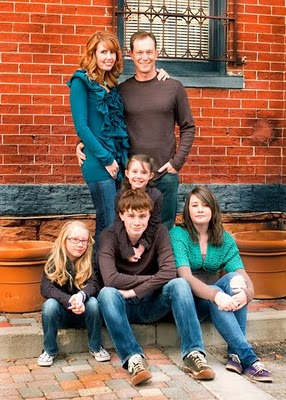
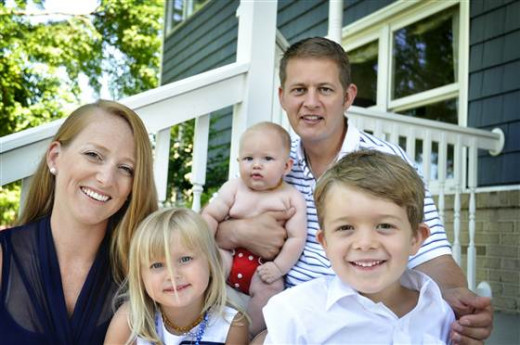



That "F" Word
Favoritism oftentimes generate a quite visceral responses in many families. Parents. after all, are human. Whether they admit it or not, they have children who they like better and/or more than others. It could be that the children have similar characteristics, beliefs, and opinions. It may be that the children has an outstanding attributes whether it is beauty, talent, and/or athletic ability. Perhaps the parent considers the children may be easier and have a more welcoming persona. Sometimes, parents just LIKE their children.
There is hardly any family that does not practice favoritism no matter what they say. Again, the family is a microcosm of the larger society. In the larger society, there are people and sociocultural groups that are deemed to be more favorable than others. It is hardwired in the human consciousness. No matter how we proclaim that all people are equal, in reality, such is not the case. There are some people and sociocultural groups who are more highly regarded than others. The same applies to families. The belief that parents love and treat all their children equally is fantastical and does not exist in reality.
In families as in the larger society, pecking orders either have recognized status or unrecognized status. They also exercise direct power or indirect power. Pecking orders that have recognized status oftentimes exercise direct power. They exercise this direct power through sheer force and they oftentimes exhibit overt dominance over those who they perceive to be weaker and/or more vulnerable. In the family, parents have recognized status as children know that the former have a higher status than they do. Parents also exercise direct power over their children. They also exercise overt dominance over their children as the latter are perceived to be weaker and/or more vulnerable. Oldest children in families have recognized status as they are have a much higher status than their younger siblings. They oftentimes exert direct power over their younger siblings. They also exert dominance over their younger siblings because they are seen to be stronger whereas the younger siblings are seen to be more vulnerable and weaker.
There are pecking orders who have an unrecognized status. These pecking orders exercise indirect or subtle power. This power is oftentimes more covert and/or circuitous. In some families,wives and mothers oftentimes have an unrecognized status. They are the ones who exert more subtle forms of control within the family unit although the husband is the one who has the recognized status. Another example of this is the youngest child in the family. He/she may be the one with unrecognized status. He/she exercises covert power, using his charm and has everyone proverbially eating out of the palms of his/her hands. In addition to that, how highly a family member, especially a child, is regarded is related to how the parents perceive him/her. Children who are highly regarded by their parents are considered to be on top of their familial pecking order.
Favorite children are at the top of their familial pecking order. They are the ones who the parents deem to have the most desired and/or positive traits. held by the parents in higher regard by the parents. Favorite children are considered to be as more noteworthy. They are considered to be more high status. They are given more leeway, being allowed to get away with things that their siblings may be chastised, even punished for. They are also given privileges and sometimes given even more money and better qualities of material things that their other siblings are not given. They may even get to spend more time with their parents and their parents may take them more places than their siblings. In essence, they are afforded myriad opportunities that their siblings do not get. Some favorite children are considered golden children by their parents or in the very least, children of promise.
Of course, this favoritism will cause animosity towards the favored siblings by the less favored siblings. The less favored siblings will contend that why is this child or these children are treated this way while the favored siblings are not. They will argue that in this family, all children should be treated the same and no one child or no children is above and better than the others. Many less favored siblings become envious of the favorite siblings, taking their hostility out of the latter either overtly or covertly. This hostility can be verbal, emotional, psychologically, even physically. The hostility can turn inward. Many less favored siblings develop self-hatred. They feel that they are not good enough, even adequate. This inferiority feeling can result in self-defeating and self-destructive behaviors.
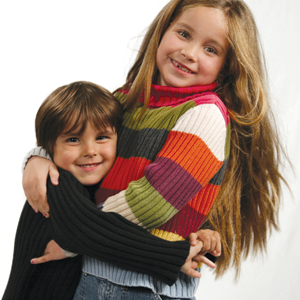
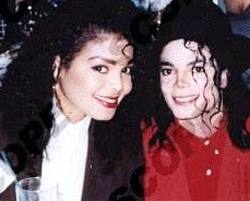


PARENTS Aren't The ONLY Ones Practicing Favoritism, SIBLINGS Do It Too
Parents are not the only family members who practice favoritism regarding their children. Siblings also practice favoritism. The difference is often while parents are extremely loathe to acknowledge that they practice favoritism, siblings are unapologetic regarding practicing favoritism among themselves. As in families where there are 2 or more children, there is a likelihood that parental favoritism is practiced, in families where there are 3 or more children, there is a probability that sibling favoritism is practiced. In fact, the larger the family, the more rampant sibling favoritism is.
Children who have 2 siblings or more tend to have THAT ONE sibling who they like better than the other siblings. Again, this is a quite natural occurrence. Siblings, unlike parents, are not unashamed in stating that they like, even love one sibling or some siblings more than they do others. There is a pecking order among siblings. There are siblings who are perceived as better and/or more than other siblings. There are siblings who are regarded as higher status than other siblings. That is natural in the sibling hierarchy. As there are siblings who are considered to be at the top of the sibling pecking order, there are siblings who are considered to be at the bottom of the sibling pecking order.
As with favorite children, favorite siblings are considered to be at the top of the sibling pecking order. These are the siblings who were very well regarded by the other siblings. Such siblings are given more leeway by the other siblings. They may have access to other siblings' darkest secrets that the less favored siblings do not. They are also treated more respectfully by other siblings. Siblings tend to not indulge in much sibling rivalry with the favored siblings than they do with the other siblings in the family.
Favorite siblings are allowed to get away with things with a sibling that another sibling would be brought to task with. They are treated with kid gloves by other siblings. In the eyes of the other siblings, favorite siblings can do NO WRONG. If they are the oldest or older siblings, they are seen as the golden siblings that other siblings look up to and want to emulate. If they are the youngest or younger siblings, the other siblings want to protect and do anything they can for them, even putting the favored siblings before themselves





What Makes IT So
Siblings tend to have favorite siblings for a variety of reasons. They often have something in common with each other. They may be similar in characteristics and personalities. They may have similar talents and/or beliefs. They can also be near in age. In addition to similarities in characteristics, personalities, talents, and/or beliefs, they may have the same friends and/or acquaintances. These components alike bring siblings together.
Siblings have favorite siblings because they feel more relaxed and more authentic with the latter. The favorite sibling or siblings may be more accepting and/or not judgmental when the other siblings discuss their problems or go to them when they have problems. The favorite sibling or siblings know that the other siblings got into mischief, did something outrageous, or beyond the pale but because of sibling loyalty, will not tell their parents. To many siblings, the favorite siblings is the one who keep secrets and really have the former's back. The favorite sibling is the one who will not betray them.
Sometimes favorite siblings have prodigious talents and/or other gifts that the other siblings admire. They want to be with these siblings because the former makes them proud and they feel that they can learn a lot from these favorite siblings. They may be intelligent or bright themselves and feel that they can only have a worthwhile discussions with such siblings as they will be understood and appreciated instead of derided. They may have usual aspirations, beliefs, and/or opinions that these favorite siblings can easily and/or readily related to in ways that their other siblings cannot, do not, and will not.
Favorite siblings may be the go to people for the unfavored children in the family. They can be shoulders to cry on for unfavored children. They feel that their parents neither care for nor like them so they feel that they have found a trusted person whom they can talk to and get counsel. They see favorite siblings as sunshine in the family storm so to speak. They can also act as a buffer for and/or negotiator in behalf of the unfavored children in the family. They defend and/or stand up for the unfavored children when the parents refuse to take the unfavored children's side in favor of the favorite children in the family.
Favorite siblings can be siblings' guardians. They are the ones who are the siblings' anchor. They feel that the favorite siblings are their pillar of strength emotionally and psychologically. They just want favorite siblings to be around and to be there for them. To them, the favorite siblings are beyond siblings. They are friends, mother/father figures, and/or the favorite suffering aunties/uncles all rolled up in one. To siblings, favorite siblings are omniscient and beyond.
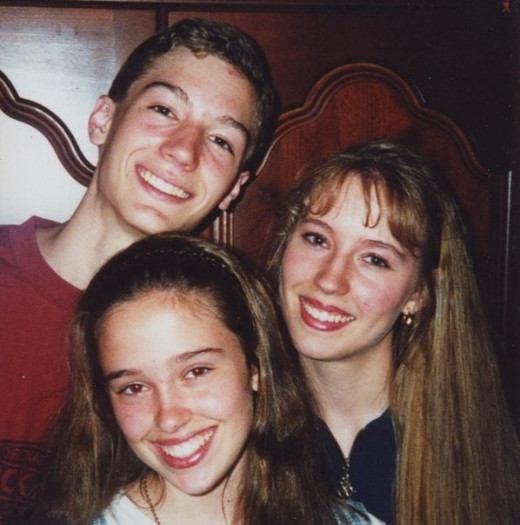
To Conclude
Favoritism is part of the majority of families. Although parents are hesitant to acknowledge that favoritism exists, siblings unabashedly assert that favoritism DOES exist. In families where there are 3 children or more, there is bound to be a favorite sibling or favorite siblings.
There are many reasons why siblings have a favorite sibling or favorite siblings. They may have something in common with those siblings in terms of characteristics, opinions, and/or perhaps, personality. They may feel more comfortable being with favorite siblings than other siblings in the family. The favorite siblings may be their buffer against an unfeeling parent. Whatever the reason, favorite siblings are commonplace in almost every medium to very large sized family.




